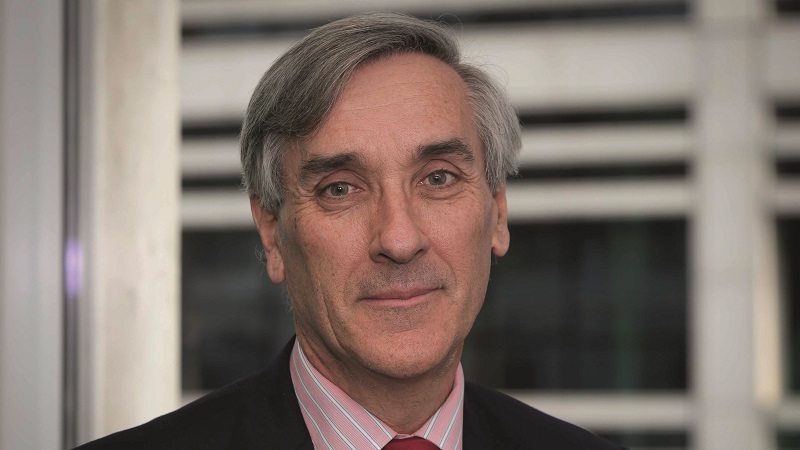Sir John Redwood MP (pictured) has blamed soaring inflation in the western world on failures by central banks, rather than the war in Ukraine.
In a paper published by think tank Institute of Economic Affairs (IEA), Redwood said high inflation experienced by western economies came as a result of central bank errors rather than the effects of the war in Ukraine.
See also: “Bank of England holds rates flat with MPC split following inflation drop“
During the Covid pandemic, the Bank of England created an extra £450bn as part of quantitative easing (QE), buying up bonds using newly-created money. Redwood said this resulted in “too much money chasing too few goods and subsequent inflation”.
He argued: “The Bank is overcorrecting for the earlier failure by keeping interest rates too high for too long, driving up mortgage rates, and undertaking quantitative tightening (QT) – selling the bonds purchased during QE.”
Inflation peaked at over 11% in October 2022 in the UK amid spiralling food and energy prices. While exacerbated by the Ukraine war, Redwood argued inflation was already rising before the invasion.
He contrasts the UK’s inflation record with Japan and China, who undertook no additional QE during the pandemic and inflation peaked at 2% and 3.2%, respectively. He noted the countries faced similar external pressures to the UK without the same cost of living crisis.
He suggested the BoE should cease selling bonds and allow maturities to gradually reduce the balance sheet instead.
See also: “Premier Miton’s Rayner: Oil price rise complicating inflation battle“
Finally, the MP for Wokingham called on the BoE to review its inflation forecasting models, investigate the role of money and credit growth in inflation, and prioritise diversity of economic thought among senior staff and external appointees.
He placed blame for spiralling inflation on faulty central bank forecasting models which, in his view, placed too little weight on the growth of the money supply. This resulted in central bankers missing the inflation threat, he said.
Redwood added: “The leading central banks need to improve their forecasts of inflation as a basis for better policy responses. They should not go too far the other way and create a recession.
“Printing too much money and buying too many bonds on the way up, and now selling too many bonds and making huge losses on the way down create a boom/bust cycle. Taking money and credit seriously might help them get a grip on inflation.”










